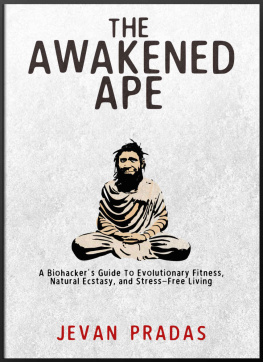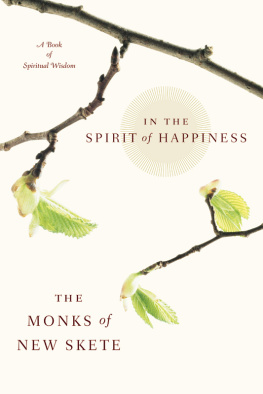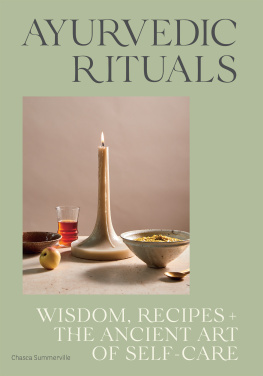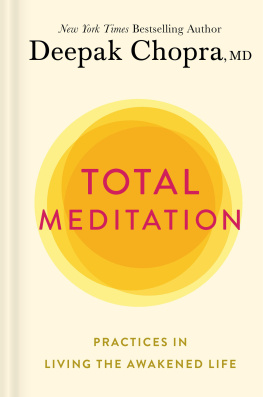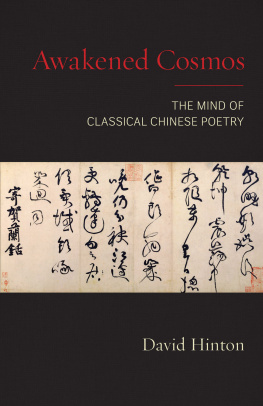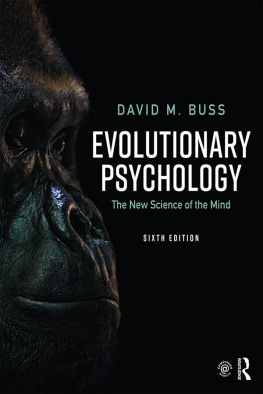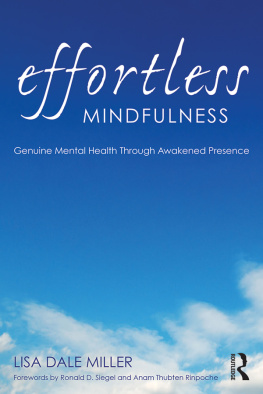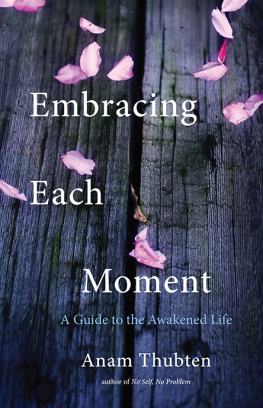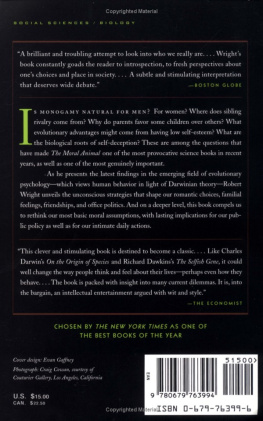The Awakened Ape
A Biohackers Guide To Evolutionary Fitness, Natural Ecstasy, and Stress-Free Living
By
Jevan Pradas
Copyright/Disclaimer
Copyright 2016. By Jevan Pradas. All Rights Reserved.
Any unauthorized copying, reproduction, translation, or distribution of any part of this material without permission of the author is prohibited and against the law.
Disclaimer:
Check with your doctor before making any changes based on the information in this book. The author is not liable for anything, and all that other legal stuff that usually goes in this section.
Table of Contents
INTRODUCTION: A PATH TO BLISS
The happiest people in the world dont wear underwear. If they have clothes at all, it is either a simple sheath that covers their genitals or a cloth they wrap around their bodies in colder climates. They have almost no possessions. They dont eat at restaurants, they dont use smartphones, and they dont watch television. They dont have money. They dont even know what money is. What they have is more valuable -- a sense of serenity and self-confidence that would astound the average person. A joie-de-vivre, an easy laugh, and an absence of stress and worry. They love freely and have a deep sense of oneness with the earth.
They are also the healthiest people in the world. They know little, perhaps nothing, of cancer, heart disease, obesity, depression, Alzheimers, diabetes, allergies or even poor eyesight. They have never been to a doctor. They are athletic, strong and muscular. They do not gain weight as they age or show signs of dementia. Most remarkable of all, for 95 percent of human history, this is an accurate description of the life of nearly every single human being on earth. Skeptical? Its ok, if I hadnt seen it with my own eyes, I might not have believed any of this either.
How can we most enjoy the brief moment of time we have to be alive? This question first struck me sometime during my formative years when the finiteness of life and the certitude of death became palpable and undeniable. A period of existential crisis took hold, and I became obsessed with finding a solution. I consulted everyone from the ancient Greeks to the most cutting-edge scientists in search of an answer, mixing and matching like an alchemist working on the philosophers stone. Take two parts psychology and anthropology, toss in a hefty portion of evolutionary biology and sprinkle with a dash of Eastern mysticism. Wash, rinse, repeat, until a dozen years later I emerged with the concoction you now hold in your hands. This final elixir is not at all what I expected to find when I set out on this journey. Many of my recommendations will seem at best odd, and at worse sacrilegious, to minds molded in the technology-driven, consumerist milieu of the modern world. But it is only in embracing our primordial nature that the highest happiness can be found.
Since the dawn of our existence up until the advent of agriculture, we scoured the earth from Africa to the Arctic in search of wild game and fresh fruits and vegetables. Along the way, the forces of natural selection attuned us to our environment in such a remarkable way that our hunter-gatherer ancestors felt a natural unity with their surroundings, leading to a life of robust health and merriment. There are tribes of people alive today, hidden in remote jungles of the Amazon and the sprawling Kalahari desert, who still live in this ancient way and enjoy the fruits of life matched to its genetic potential. Most people in modern society look down upon these tribes as relics of the stone age. How unfortunate that they dont have access to the wonders of technology! Yet scientists who have lived among these primitives describe them as the happiest and healthiest people they have ever seen.
I know that this goes against everything you have been taught to believe. I majored in philosophy in college and much to the chagrin of the people unfortunate enough to sit across from me at dinner, I questioned and analyzed everything -- from the color of the apples on the table to the most arcane theories of quantum physics. But it never dawned on me that things like stress, worry, and heart disease were modern illnesses. I took it as a given that as I grew older I would slowly lose my mental faculties, my stressful life would cause my nervous system to degenerate, and I would eventually die from cancer. Then, in graduate school, while writing my masters thesis on the evolutionary psychology of health and happiness, I began poring over the anthropological literature involving hunter-gatherers. What I read blew my mind. I didnt understand how this wasnt already public knowledge. I wanted to run out on the street and grab people by the collar, yelling: Did you know that hunter-gatherers dont get cavities? They dont even brush their teeth! It is partly in the interests of not looking like a raving lunatic that I have written this book instead.
Luckily, in the last few years, the ancestral health movement, popularly known as the paleo diet, has become hugely successful, and people around the world are thinner, stronger and suffer from fewer illnesses and chronic conditions as a result. A smashing success, and for those unfamiliar with the basics of paleo eating I have devoted a chapter to it. But in this craze to get healthier, thinner bodies, people consistently left out what I consider to be the far more important question. Why is it that hunter-gatherers were so happy? Why did they have such great mental health?
It may surprise you to know that psychologists began seriously studying happiness probably the most important question in all of human existence -- only at the turn of the new millennium. Before that, psychologists focused mainly on treating mental illness, helping a person go from being sick to functioning normally. Thats where all the money was; people dont pay for a psychologist when they are simply feeling what Freud called ordinary human unhappiness. Since the question of how to make the most of this one and only existence we have on earth has been my driving motivation throughout my entire life, I was naturally intrigued by this new development in the field of psychology. I wanted to get my hands dirty. I decided to work in a positive psychology laboratory while pursuing my graduate degree in Mind, Brain and Behavior Research. In the last decade, the field of positive psychology has blossomed, with thousands of journal articles and seemingly as many books published on the subject. The modus operandi for studying happiness has been to sample a group from our society and figure out the psychological, social and economic correlations to well-being. Does money buy happiness? Yes, but only to the extent that one is no longer poor. After that, it doesnt seem to matter much how much money you have. People with lots of close friends tend to be reasonably happy, while those who are neurotic are not. Much of this research has been insightful and overall a great boon to our understanding of the human condition. But when asking the question, What is it that makes a person as happy as possible? the field of positive psychology has come up short in six key areas. These are the issues I will seek to address and clarify. They correspond to the six sections of this book.
Let us begin.
The Meaning of Life
How strange a thing it is to be alive! To be caught in this maelstrom of conscious experience, with its varied sensations of pleasure, pain, thought and vision. How different it is to be human beings, rather than the rocks and oceans we share the planet with. How did it come to be so? Why do we feel what we feel? Why do we have the desires, likes and dislikes that we do? The average man is too busy, lost in a world of unfulfilled fantasies to question why he has those dreams in the first place. Only after experiencing genuine heartache do we even pay lip service to these most important ideas.
Next page
